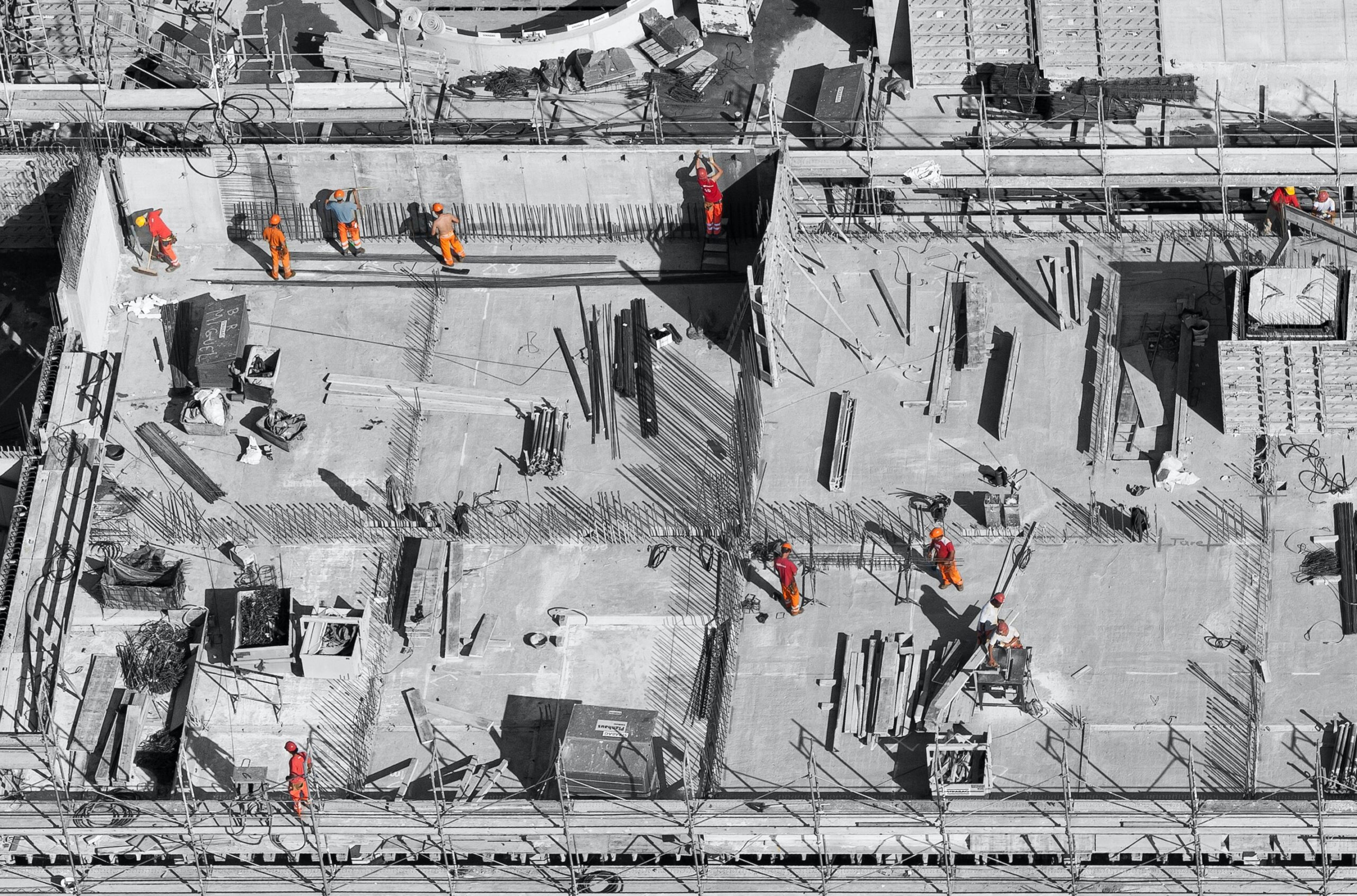Residential builders are feeling the pinch
And the cracks are beginning to show
The Australian residential construction industry has been facing a number of challenges in recent years, with rising costs, increasing competition, and changing market conditions. These challenges have been compounded by the impact of the COVID-19 pandemic, which, after a marked initial increase in buildings contract signs ups as a result of stimulus measures, has now led to a major slowdown in on-site construction progress and increased financial pressure on many businesses in the industry. As a result, there has been an increase in insolvency activity in the Australian residential construction industry, with a number of well publicised, major corporate failures in recent times.
As accountants working with businesses in the residential construction industry, it is important to be aware of the challenges facing the industry and the risks of insolvency.
The impact of COVID-19 has been obvious and significant, with many businesses in the industry facing disruptions to their operations and supply chains. Labour is sparce and costly, and the volatile costs of materials have whittled away what were already competitive margins. This has led to delays in project completion, increased costs, and a higher risk of insolvency.
Another issue facing the industry is the tightening of lending standards by banks and other financial institutions. This has made it more difficult for businesses in the industry to access credit and finance their operations, particularly if the client has taxation arrears, leading to increased cash flow pressure and a higher risk of insolvency.
Accordingly, residential builders – small and large – face challenges reaching construction milestones and maintaining sufficient cash flow to manage their enterprises.
These challenges have contributed to a number of major corporate failures in the Australian residential construction industry. One of the key risks for businesses in the industry is the risk of non-payment by clients, particularly in the case of larger projects. This can lead to cash flow difficulties and a higher risk of insolvency.
As accountants, it is important to work closely with businesses in the residential construction industry to monitor their cash flow, manage their debt levels, and seek professional advice when needed. This includes monitoring the progress of projects and ensuring that invoices are being paid on time, as well as working with businesses to manage their debt levels and identify potential risks of insolvency.
In conclusion, the Australian residential construction industry is facing a range of challenges, including increased competition, tightening lending standards, and the ongoing impact of COVID-19. As accountants working with businesses in the industry, it is important to be aware of these challenges and to work closely with businesses to manage their financial risks and identify potential risks of insolvency. This includes monitoring cash flow, managing debt levels, and ensuring compliance with relevant legal and regulatory frameworks. By working proactively with businesses in the industry, accountants can help to mitigate the risks of insolvency and support the ongoing viability of businesses in the industry.

About the author
Greg Quin is a Partner at HLB Mann Judd Insolvency WA and has been with the team for 13 years. Greg oversees the daily operations of the many insolvency appointments managed by the HLB Insolvency team and looks after the operations of the practice.
If you have any queries about insolvency matters, please feel free to contact Greg on 08 9215 7900, 0402 943 091 or via email to gquin@hlbinsol.com.au.
Share to:

